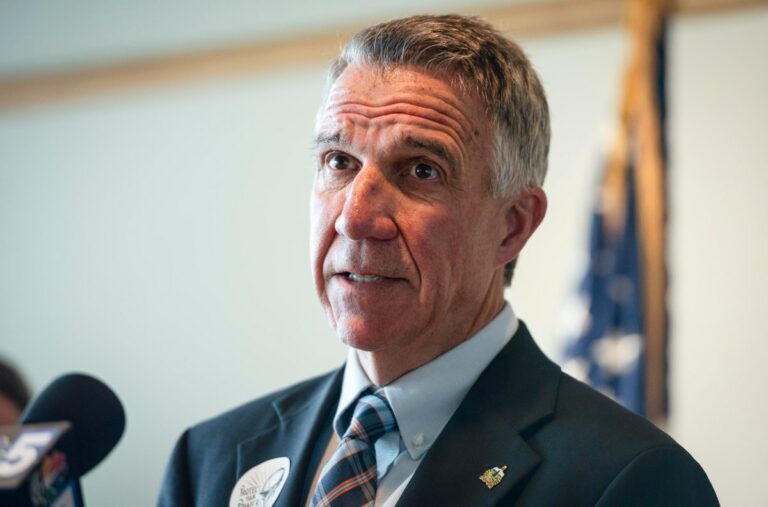Vermont Governor Phil Scott has issued an executive order pausing the state’s electric vehicle (EV) sales mandates that were set to take effect starting with model year 2026. The requirements, adopted in 2022 and tied to California regulations, would have mandated dealers to sell an increasing percentage of electric vehicles, ultimately banning new gas-powered passenger cars by 2035.
The Controversy Surrounding EV Mandates
The rule aimed to help Vermont meet its emissions reduction goals by regulating traditional motor vehicle sales. However, critics, including Governor Scott, argued that the state lacked the necessary charging infrastructure and other preparations for such a swift change. The governor stated in a press release that while he believes in incentivizing the transition to cleaner energy options like electric vehicles, “we have to be realistic about a pace that’s achievable.”

Details of the Executive Order
Scott’s executive order directs the Vermont Agency of Natural Resources to refrain from taking action against car manufacturers that fail to meet California’s regulations. To be eligible for this pause, manufacturers must not impose the electric vehicle sale ratios on their dealerships. The pause is set to last until the end of 2026.
Legislative Reaction
Senator Anne Watson, who chairs the Senate Committee on Natural Resources and Energy, expressed her preference for Scott to “hold the line” on the clean car standards. However, she noted that she had signed a letter with other lawmakers asking the governor to consider a shorter-term pause if he decided not to let the restriction take effect. The letter suggested a one-year pause as an alternative.
Implications of the Pause
Watson observed that the governor’s decision seemed to align with the alternative they had proposed. The pause has sparked a debate about the state’s readiness for the transition to electric vehicles and the balance between environmental goals and practical implementation.



